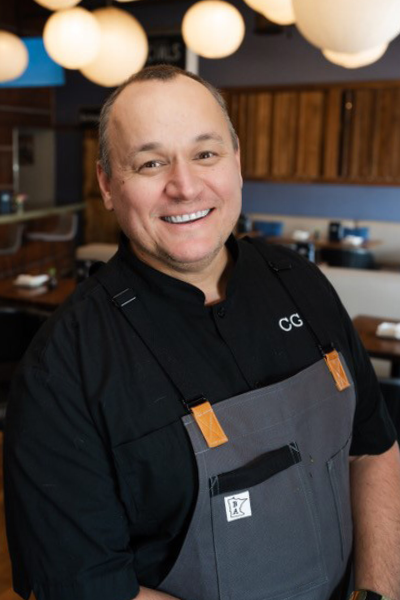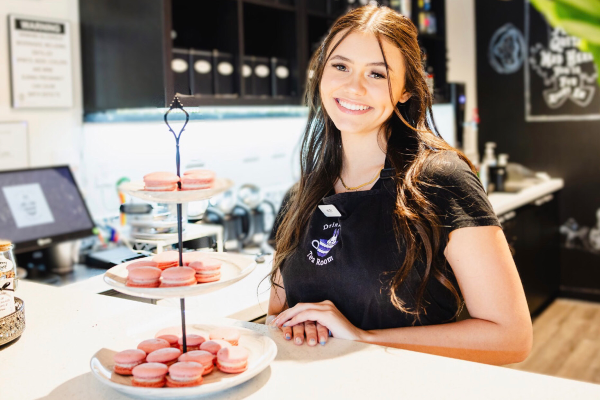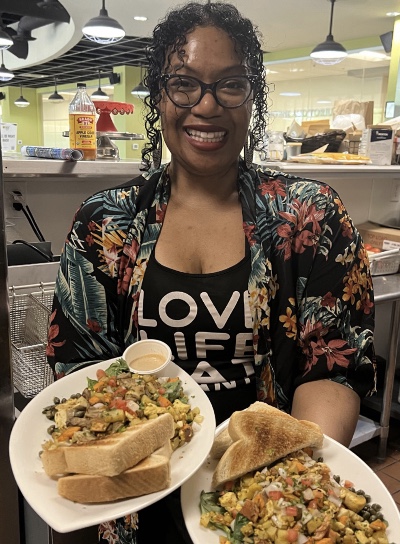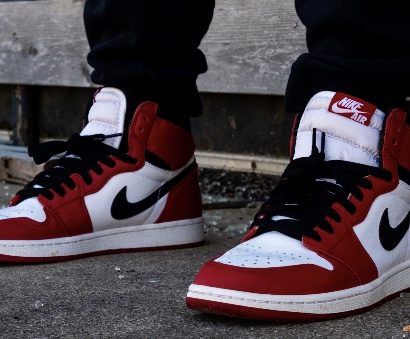BY ALISON BAILIN BATZ
Chefs know good food, but which native talents are using liberal, sustainable practices to dish it out on a daily basis? A few Arizona chefs and restaurant owners just had the opportunity to speak in depth with Green Living about how they are leading the charge for a greener culinary scene.
THE LIVING ROOM, SEA &, SMOKE, CHOP CHANDLER, AND ROCK LOBSTER
The local favorites source all of their meat, fish, and shellfish from green sources, according to Executive Chef Christopher George, who oversees each of the four eateries, making sure that every dish supports both dependable and eco-friendly practices. Low-flow faucets and dry toilets are also present at the restaurants, along with water-efficient dishwashers and other equipment to help conserve water and lower utility bills. In addition, the restaurants compost scraps and donate surplus food to native shelters.
DRINK ME! TEA ROOM
Owner Melissa Harlan and daughter Haley, who serves as chef, are incredibly pleased that Regional First Arizona has designated their beautiful concept as a Green Certified Business. Every tea blend and menu item are ethically produced and come from trustworthy sources who are committed to reducing the impact on the environment. From organic teas to directly manufactured, healthier, and natural ingredients, every cup and tea tray served is a testament to informed choices that prioritize the planet’s well-being. Drink Me! in a world where nutritional preferences frequently lead to more food waste has discovered a way to satisfy various needs without sacrificing sustainability.

The restaurant’s fully vegan and gluten-free menu not merely ensures inclusivity but aligns with a lower carbon footprint, as plant- based options require fewer resources to produce and have a significantly reduced impact on the environment compared to animal-based counterparts. What much waste is produced — including tea leaves, paper products, and food — is composted in partnership with The Orchard Community Learning Center, a local non-profit learning farm in South Phoenix.

ATRIA RESTAURANT
This nominee for the James Beard Award takes great pride in providing excellent dining experiences while minimising its environmental impact. According to chef-owner Rochelle Daniel, Atria reduces waste and diverts organic materials from landfills by deconstructing scrap products, in addition to focusing on hyper-local sourcing and offering plant-based dishes to lower environmental impact. The restaurant even uses energy-efficient lighting and appliances to cut down on energy consumption and reduce greenhouse gas emissions, has adopted methods to cut down on water usage, including using low-flow fixtures and using effective dishwashing methods, and collaborates with suppliers who follow green practices, ensuring that ingredients are sourced properly. Daniel designed the menu to highlight dishes that use less resource-intensive ingredients, such as grains, legumes, and seasonal vegetables. She likewise uses biodegradable or recyclable packaging materials for all takeout and delivery services and sources of seafood from Chula Seafood, a neighborhood leader in sustainability.
Atria has a training program for its staff focused on eco-friendly operations and hosts events that promote sustainability, quite as farm-to-table dinners and workshops on cooking with native ingredients. The city of Flagstaff has given Daniel and her team a sustainability award for their efforts, demonstrating their commitment to promoting sustainable practices in the restaurant industry.
ATLASTA CATERING
This Arizona legend has a comprehensive sustainability philosophy that affects every aspect of the organization. According to Chief Culinary Officer and chef Steven Short, Atlasta has successfully navigated the operation of zero-landfill kitchens and events over the past seven years, a truly uncommon feat in the sector. Lately, the company eliminated all single-use plastics from its full-service catering division. While biodegradable, these items also had an economic trade-off that Short and his team found intolerable. Atlasta’s scientific and technological partnerships include teaching senior-level students at ASU’s Global Institute of Sustainability and Innovation and the Walter Cronkite School of Journalism in the areas of business, ethics, and sustainability. Short has also been recognized as a subject matter expert at international conferences on sustainability, has been a member of the ASU Wellness Committee, and has participated in the Sustainable Food Task Force, which oversees ASU’s food procurement and sourcing activities. Eventually, over the past 13 years, Atlasta has donated over one million pounds of food, which is similar to 600, 000 meals.
DER WURST HOT DOGS
Der Wurst is one of Arizona’s most important lasting small businesses, according to owner Nicholas Hyche. He composts over 90 % of all paper and bar waste, and he recycles 100 % of all food waste. All of his service ware – forks, knives, bar straws, sauce cups, and paper liners – are biodegradable by design. In his kitchen, there is nothing but a very little amount of plastic wrap that is only used where it is absolutely essential. Hyche uses 100 % locally made sausages and bread, all from suppliers within five miles of his location.

Hyche has even switched to all LED lighting, set all lights on timers, and installed low-water-use dishwashers. Additionally, 100 % of event food donations go to a local nonprofit that distributes food to those in need in addition to stocking community fridges. Waste items are given to R. City, who transforms them into nutritious compost to improve the desert’s growing conditions.
EARLY BIRD VEGAN
Krystal Mack, the chef and concept owner, has long been deeply committed to changing the world by working on her own backyard foreign farm, where she digs holes, waters plants, and picks peppers, or by acknowledging the importance of the future of our planet. In the sixth grade, Mack and her friend student council members launched the Flick and Stack initiative, which focused on recycling the styrofoam trays from lunches. These days, Mack’s efforts at Early Bird include a menu that is 100 % plant-based, as well as composting 100 % of the restaurant’s food scraps with R. City. She intends to buy produce from the food scraps the organization collects. First Bird was also a key participant in Feed Phoenix, contributing to the 379, 679 locally sourced meals delivered to food- insecure families during the height of the COVID-19 pandemic between 2020 and 2023.



